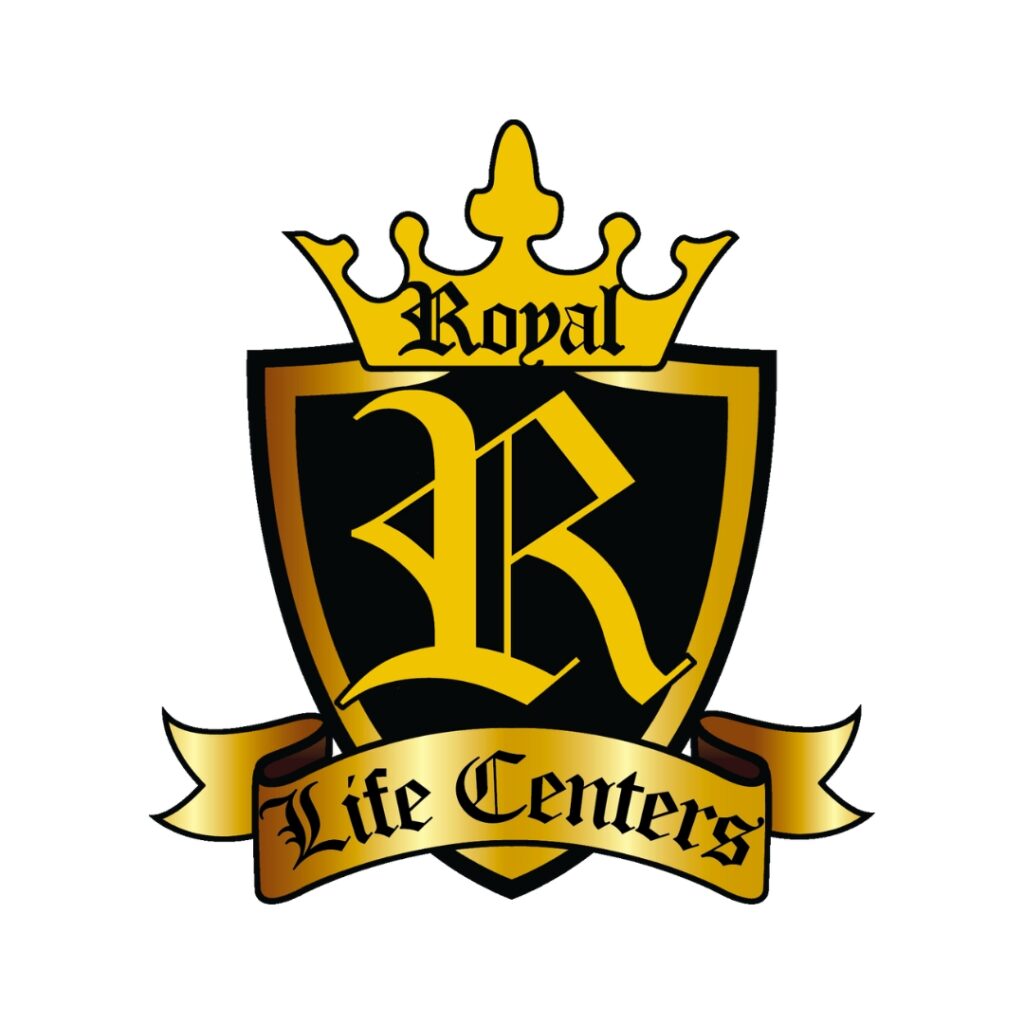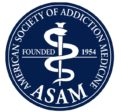With the hustle and bustle of everyday life, those struggling with substance abuse and mental health issues can have a hard time finding time to get the help they need. Unfortunately, without seeking treatment, these problems will ultimately worsen over time.
Outpatient drug rehab offers these individuals a way to tackle their problems without causing significant interruptions in their lives. This can be an important first step on their path to seeking further help if needed and achieving long-lasting recovery.
What Is Outpatient Rehab?
Outpatient rehab is a level of addiction treatment that allows participants to receive the care they need during the day while returning to the comfort of their own homes at night. Most behavioral health treatment facilities will offer some form of outpatient care to their clients.
Outpatient care can be provided by a variety of professionals, including therapists, counselors, social workers, and psychiatrists. The type of professional who provides treatment will depend on the specific condition being treated.
Many people may prefer outpatient treatment over other levels of care because of the flexibility and independence it can offer. These programs typically provide a variety of services, including:
- Individual and group therapy
- Peer support
- Medication management
- Life skills training
Participants may attend their program for several hours each day, several days a week, or for a full day on one or two days a week. Of course, the intensity and duration of treatment will vary depending on the individual’s needs.
Like any form of rehab, there are specific issues that may be better suited for outpatient care. Those who would most benefit from receiving outpatient treatment are those who:
- Have a mild to moderate substance use or mental health disorder
- Are motivated to recover and can maintain abstinence while living at home
- Have a supportive home environment
- Need to continue working or attending school
- Cannot afford the cost of inpatient rehab
Talking to a treatment specialist can help you determine if outpatient substance abuse treatment is a good option for you. The Royal Life Centers treatment team is available to help you understand your recovery options and what levels of care will be best for you.
What Are the Different Kinds of Outpatient Treatment?
There are many different kinds of outpatient treatment programs available, and the best type of program for an individual will depend on their specific needs. Some of the most common types of outpatient treatment programs include:
- Partial hospitalization programs (PHPs): These are the most intensive type of outpatient treatment and typically involve several hours of treatment per day, several days per week. PHPs are often used for people who are stepping down from inpatient treatment or who need a high level of support in their recovery.
- Intensive outpatient programs (IOPs): Intensive outpatient programs are less intensive than PHPs but still involve several hours of treatment per week. These programs are a good option for people who need more support than traditional outpatient therapy but who do not need the level of care provided by a PHP.
- Traditional outpatient therapy: This level of care typically involves one or two outpatient sessions per week with a therapist and is a good option for those who do not need the intensive care provided by PHPs or IOPs.
In addition to these general types of outpatient addiction treatment programs, there are also many specialized programs available. This can include programs designed specifically for people with substance use disorders, eating disorders, and trauma.
Are you struggling with an addiction to drugs or alcohol?
Royal Life Centers at The Haven is here to help you recover. Because we care.
Inpatient vs. Outpatient Drug and Alcohol Treatment
Inpatient and outpatient rehab are two different types of treatment programs that can be used to help people overcome their substance abuse and mental health issues. Of course, there are some key differences between these two levels of care.
The main difference between the two is that inpatient treatment requires people to live at the treatment facility for the duration of their care, while outpatient treatment allows people to live at home and attend treatment sessions during the day.
Inpatient treatment is also known as residential treatment and is the most intensive type of drug and alcohol treatment. This level of care is typically recommended for people with severe addictions or co-occurring mental health disorders. Inpatient treatment typically lasts for 30 to 90 days, providing access to 24/7 medical and clinical support during this time.
Outpatient treatment, on the other hand, is less restrictive than inpatient treatment. These programs typically meet for several hours a day, multiple times a week. This allows participants to maintain their jobs, schoolwork, and other commitments while attending treatment.
How To Know if Outpatient Rehab Is Right for You
Outpatient rehab can be a great way to get the help you need while still living at home and maintaining your daily routine. However, it’s important to make sure that outpatient rehab is the right type of treatment for you and your individual needs. When deciding if outpatient rehab is the best option for you, there are several factors to consider.
Some things to consider when deciding which level of care will be right for you are:
- The severity of your addiction: If you have a severe addiction or are at risk of medical complications from withdrawal, inpatient treatment may be the best option for you.
- Co-occurring health conditions: If you have a co-occurring medical or mental health disorder, inpatient treatment may be necessary to address both your addiction and other health needs.
- Your support system: If you have a strong support system at home, outpatient treatment may be a good option for you. However, if you do not have a strong support system at home, inpatient treatment can help you avoid relapse.
- Your insurance coverage: Most insurance plans cover both inpatient and outpatient treatment. However, there may be differences in the level of coverage provided for each type of treatment.
Depending on these factors, the type of treatment you receive can have a significant impact on your ability to successfully achieve and maintain long-term recovery. This is why it is important to understand your specific situation and understand what treatment options will work best for your needs.
Outpatient Treatment at Royal Life Center
At Royal Life Centers, our clients’ recovery needs are our top priority. That is why our outpatient services are able to be customized to your exact preferences and specific problems. Whether you are participating in outpatient treatment as your first form of treatment or as a step-down program, you will have access to several outpatient rehab services, including:
- One-on-one counseling
- Group therapy sessions
- Parenting education and skill-building
- Life-skills training
- Transportation services
With our customizable treatment schedules and wide selection of services and amenities, you will receive the highest quality of care possible. If you want to learn more about our outpatient program or are ready to start your recovery, don’t hesitate to call us at 877-RECOVERY. We are here 24/7 to answer all of your recovery questions and get you started on the path to sobriety today!














